We were lucky to catch up with Britt Crisp recently and have shared our conversation below.
Britt, thanks for taking the time to share your stories with us today What’s been the most meaningful project you’ve worked on?
During the SAG strike I was forced to be still in my acting career for the second time, which left me plenty of time to overthink. I always wanted to be behind the camera as well as in front, but didn’t feel that I had enough education to do it. So, I started small. I took some inspiration from what was going on in my personal life and started writing whatever I could think of. `All short stories, around 3 pages long. I started showing them to fellow actors and family, getting notes and ideas, and expanded.
Eventually, my first short film script was “finished” enough to start planning. The original idea was to grab some costumes from a theatre closet, set up in a blackbox, and film on an iPhone, but somehow I managed to rally enough wonderful and passionate people that I ended up with a fully functioning set in the desert, an established and talented DP, and an award-winning costume designer for my first short film as a Director. I asked myself for weeks how a small idea turned into all of this, and it was truly due to the kindness of others who were willing to take a chance on me. I got to write and direct a real Period Western as my first short film! Completely bonkers.
My first short film, “KIDD” is now in post, and I am currently trying to figure out how to start my next one. Maybe filmmaking for me will turn into something long-lasting, maybe it won’t. I’ve learned that if you plan to do anything in this industry, you have to also have to plan on change!

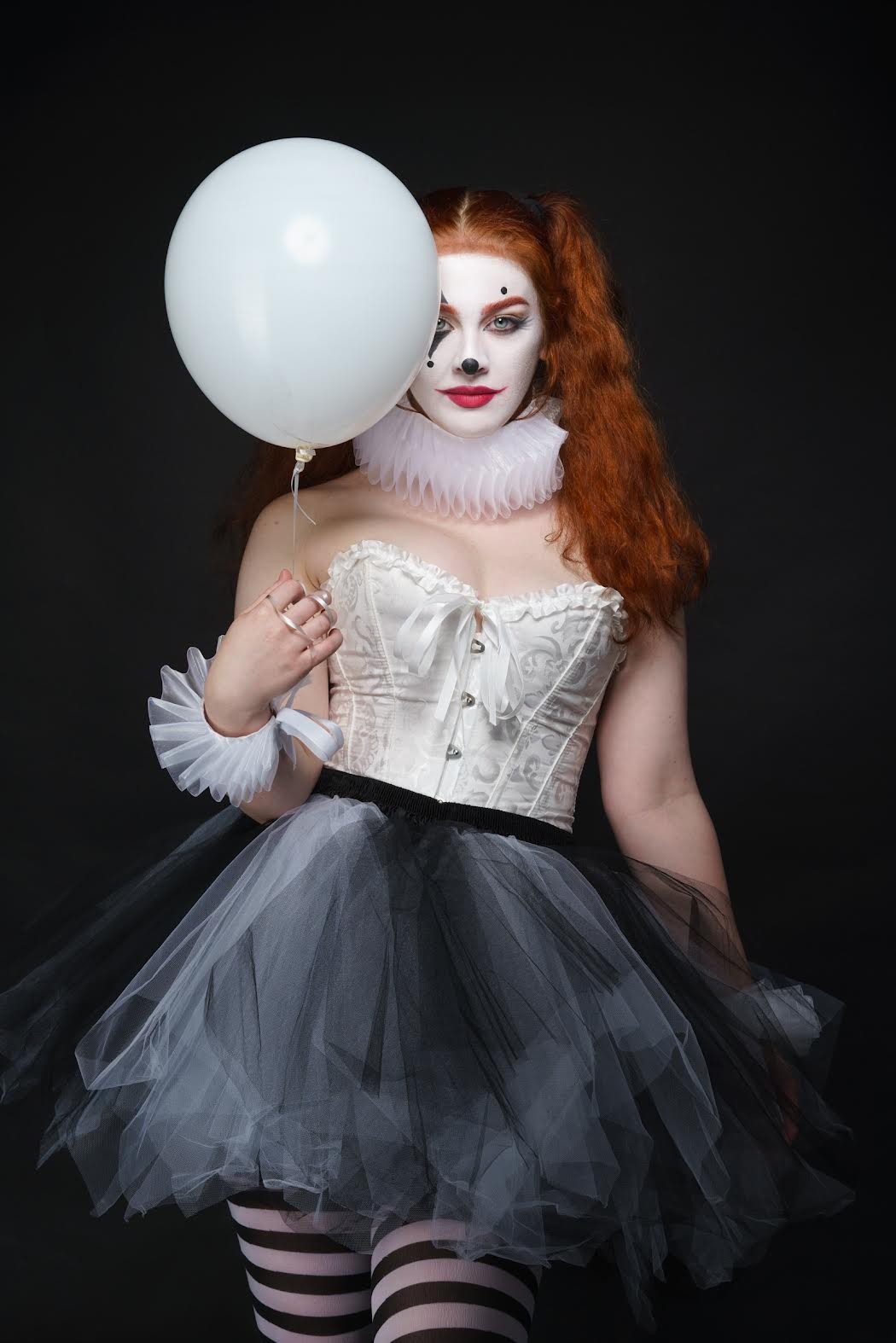
Britt, before we move on to more of these sorts of questions, can you take some time to bring our readers up to speed on you and what you do?
I started acting around 9-10 years old. I was based in Atlanta and was fully focused on theatre throughout my education. I had plenty of situations in my childhood that led me to fully depend on theatre and acting as an outlet. It was my safe space and my escape. My junior year I got accepted into the American Academy of Dramatic Arts in Los Angeles, so I packed up to move the day I graduated high school. Once graduating the Academy, I went straight into auditioning. I was lucky to book some wonderful projects, gain experience, and learn important lessons.
Much like everyone else, the time during the pandemic forced me to stop and re-evaluate. It was around then that I started my mental health journey, where I was diagnosed with CPSTD, which is similar to PSTD, but more “complex”. This was a life-altering diagnosis for me that gave me two choices: keep doing what I’ve been doing and spiral, or force myself to heal. It has NOT been easy, and I’m far from “cured”, but I’ve made a lot of important changes to my life, and surrounded myself with people who support me even on my weird days. It’s safe to say I’m a huge advocate for mental health, and it’s greatly affected my acting and art style. At this point, I love to push myself out of my comfort zone because I know I can do it safely, and hopefully I get experienced enough in my new style to perform in a way that truly moves people.
Of course, if any reader here is interested in following my journey, you’re welcome to check out my socials, as well as my small film company for upcoming projects called “The Underdog Circus”.
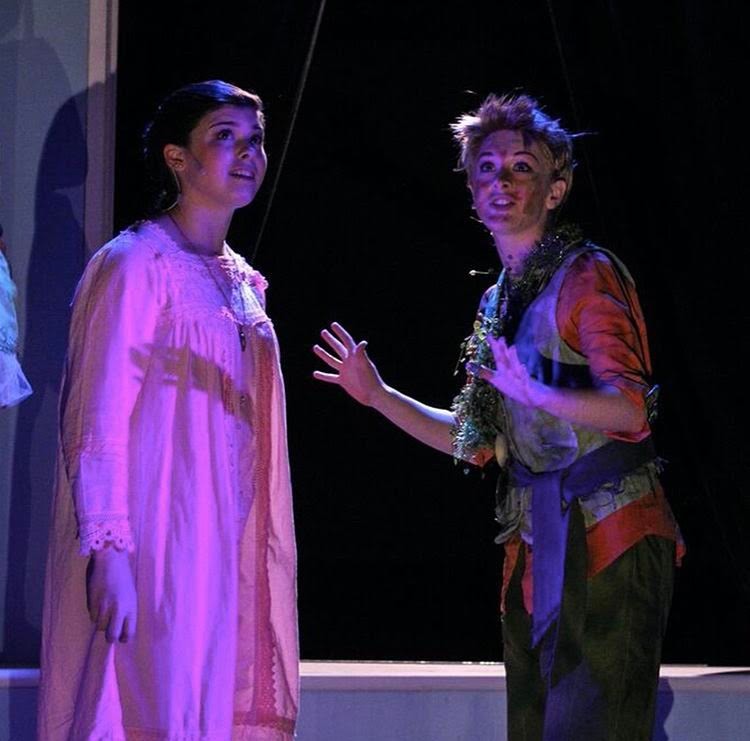
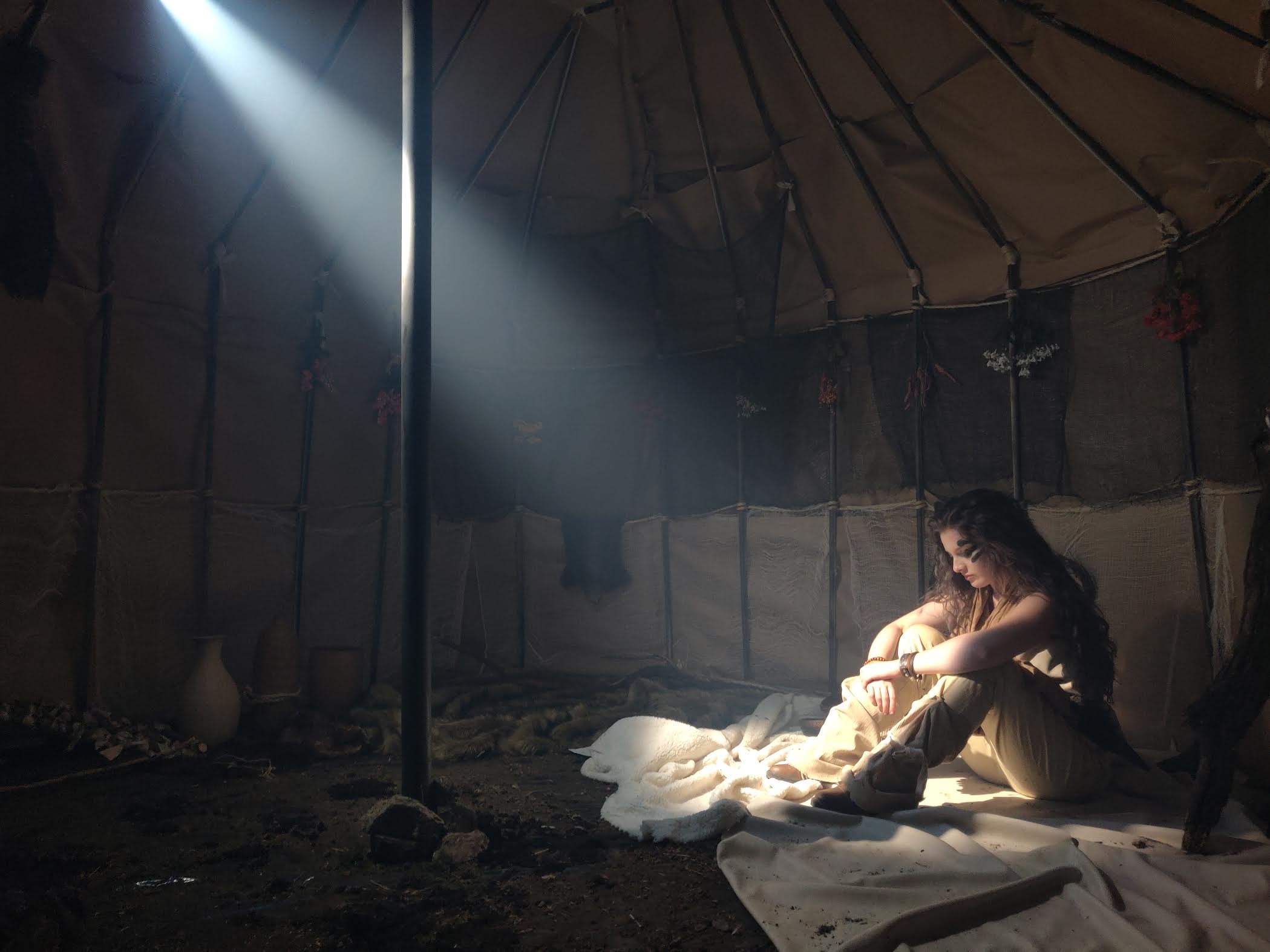
Looking back, are there any resources you wish you knew about earlier in your creative journey?
Occasionally, I’ll come across someone who wants to start in the acting industry, but they have no idea where to start. They think they NEED to join the union, and NEED an agent, but those both come further down the line than you’d think. What I did first, was I got three headshots. Smiling (for commercials), Serious (for more dramatic/theatrical roles), and one that fit my most comfortable typecast at the time. I got an Actors Access and Backstage account and applied for every single acting gig I qualified for, which was mostly non-union student films, and it was so helpful and educational. From there, I built my first reel. (Side note, only put SPEAKING parts in your reel, montages won’t be any use).
Secondly, and this is an important one, FIND YOUR COMMUNITY. Find people in your local theatre group, or filmmakers clubs, or even Facebook groups. When you surround yourself with equally motivated and creative mindsets, it’ll motivate you to push forward. It’s dangerous to be alone in a big city, especially an industry that feels almost created to keep you down. It’ll be hard, but keep your head up and please don’t be afraid to try.
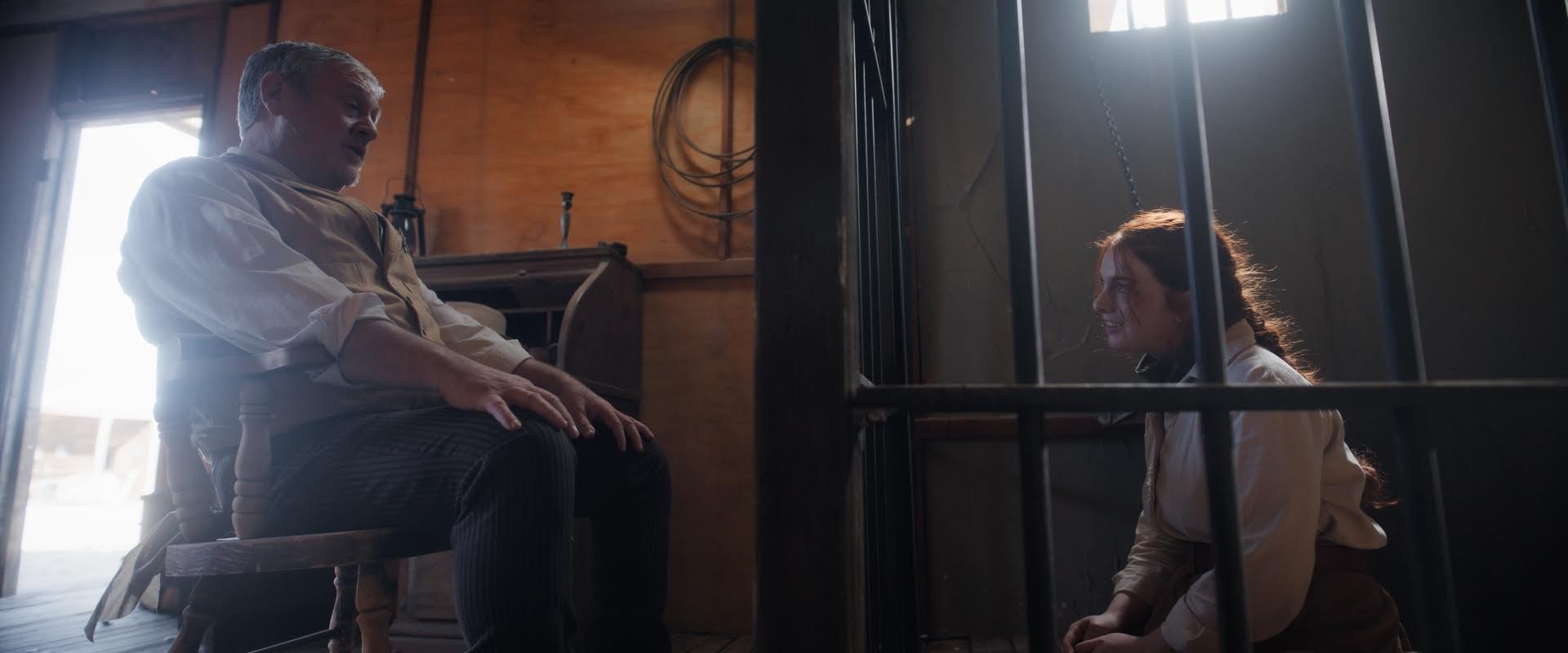
In your view, what can society to do to best support artists, creatives and a thriving creative ecosystem?
Art is lifesaving. If your kid asks to do art of any kind, even if you had a different vision for them, let them try it. When you try to stop a creative mind from doing what it was built to do, you’re holding your kid back from their highest potential.
For others, support your actor/creator friends by watching them do it. Go to their plays, their musicals, their improv shows, their screenings for that super niche indie that they’ve been plugging. I’ve been lucky enough to surround myself with people who do all of these things for me, and it’s changed my life. It’s quite literally due to the kindness and support of friends that I was able to fund and create my first short film.
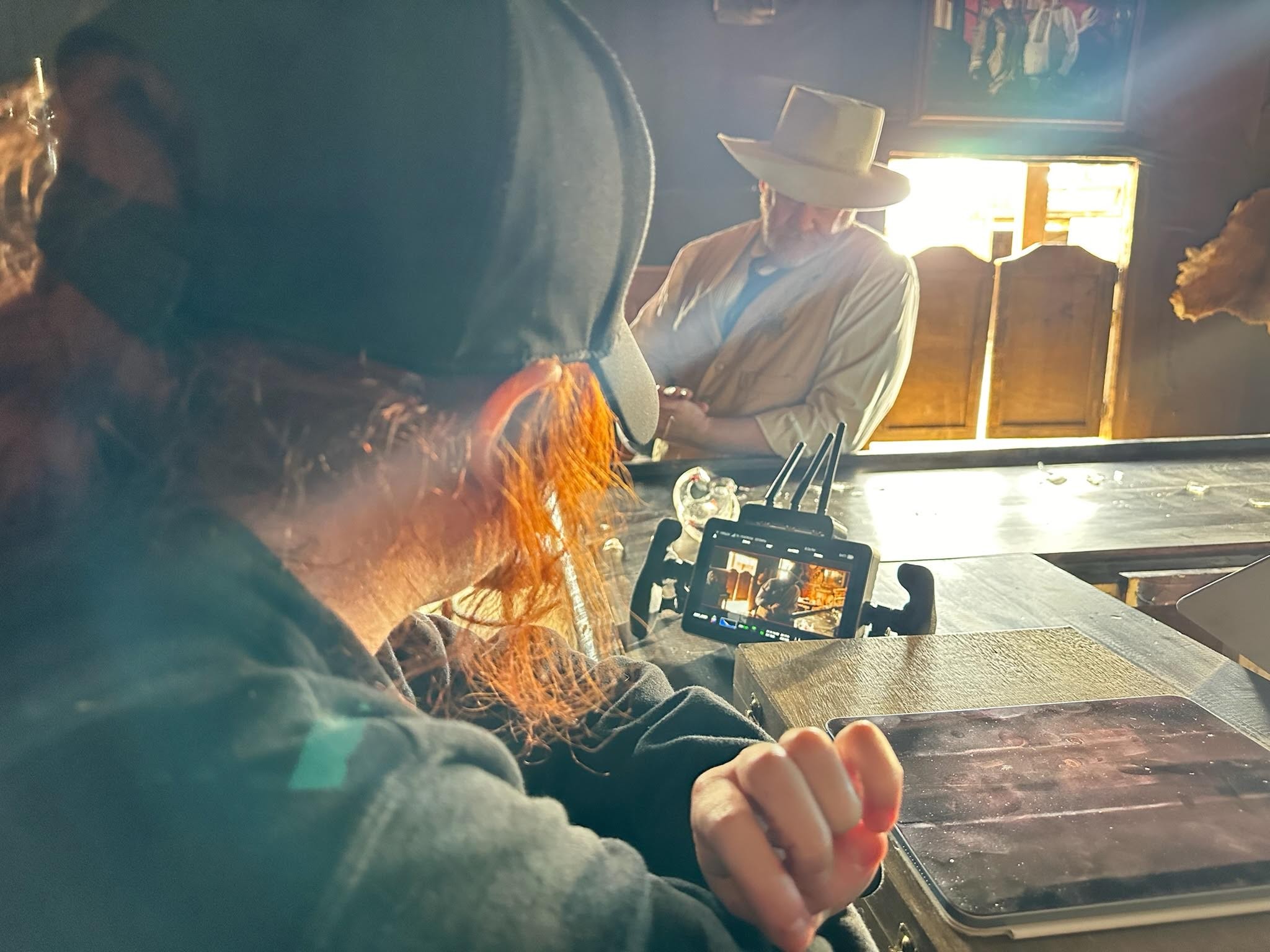
Contact Info:
- Website: www.brittcrisp.com
- Instagram: @brittcrisp AND @theunderdogcircus
- Facebook: @brittcrispy
Image Credits
Bret Green Photography Michael Rodriguez Portraits


